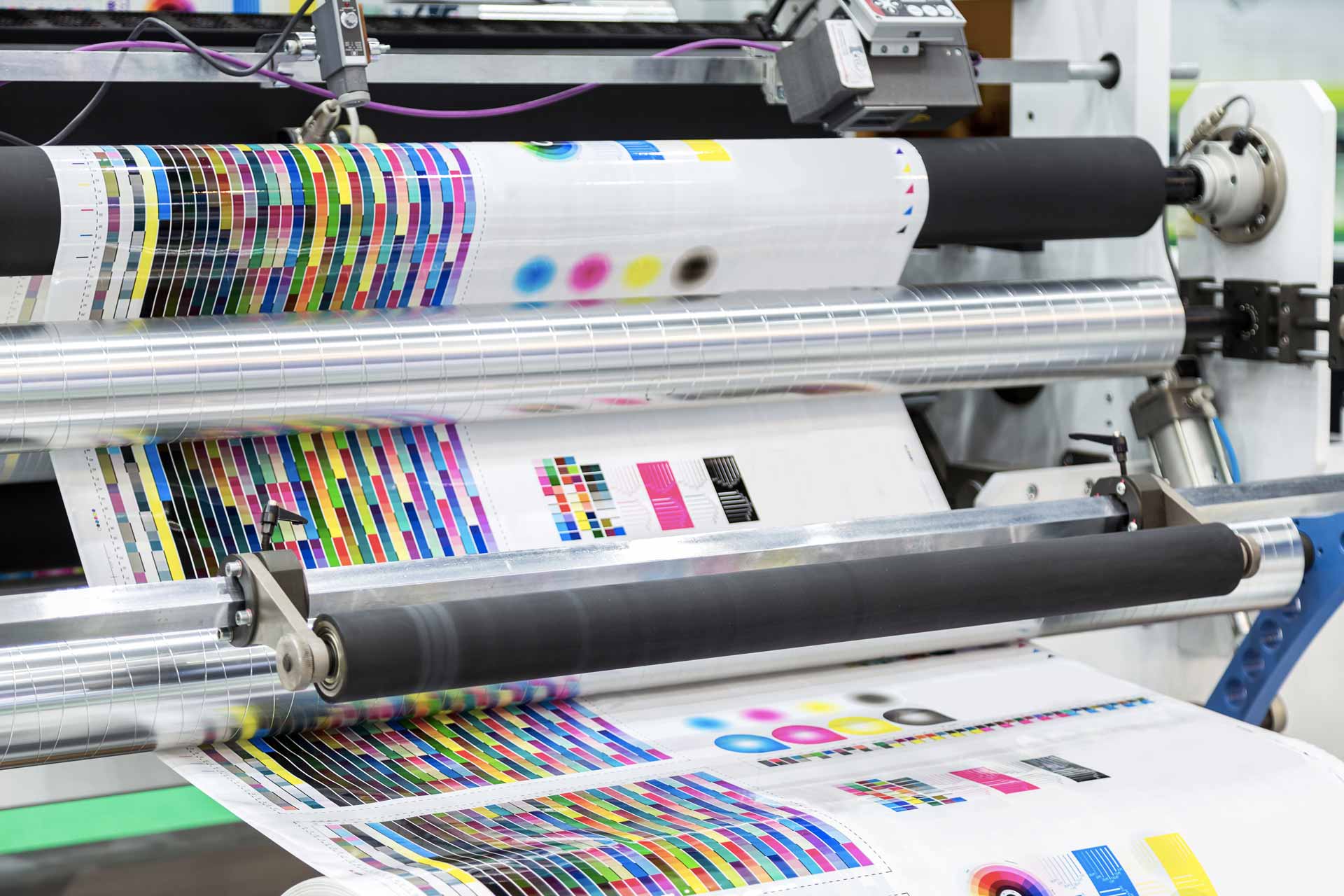Leaders
Snap-py online prints

Leaders
UAE and Saudi Arabia lead MENA’s gaming economy
UAE and Saudi Arabia drive gaming economy growth, positioning MENA as global industry leader, says Chris Hewish from Xsolla
Leaders
Understanding spikes versus sustainable growth in business
Raffy Sgroi discusses sustainable growth vs temporary spikes in business performance for lasting success and balance
Leaders
Why confident leadership is the missing link in safe AI adoption
Caroline Brewin highlights confidence’s vital role in leadership amid AI’s rise and its impact on organisational transformation
-



 Ticker Views4 days ago
Ticker Views4 days agoIsraeli President Herzog visits Australia amid rising antisemitism
-



 Ticker Views2 days ago
Ticker Views2 days agoLunar Gateway faces delays and funding debate amid Artemis ambitions
-



 Tech4 days ago
Tech4 days agoClaude AI is transforming software engineering and productivity
-



 Ticker Views2 days ago
Ticker Views2 days agoSouth Korea introduces AI job protection legislation
-



 Ticker Views3 days ago
Ticker Views3 days agoU.S. ambassador responds to NATO criticism at Munich Security Conference
-



 Money4 days ago
Money4 days agoTech stocks slide as investors rotate into small-cap and value plays
-



 News4 days ago
News4 days agoJapan election delivers commanding win for ruling LDP
-



 News3 days ago
News3 days agoPM Keir Starmer facing his biggest leadership crisis yet






